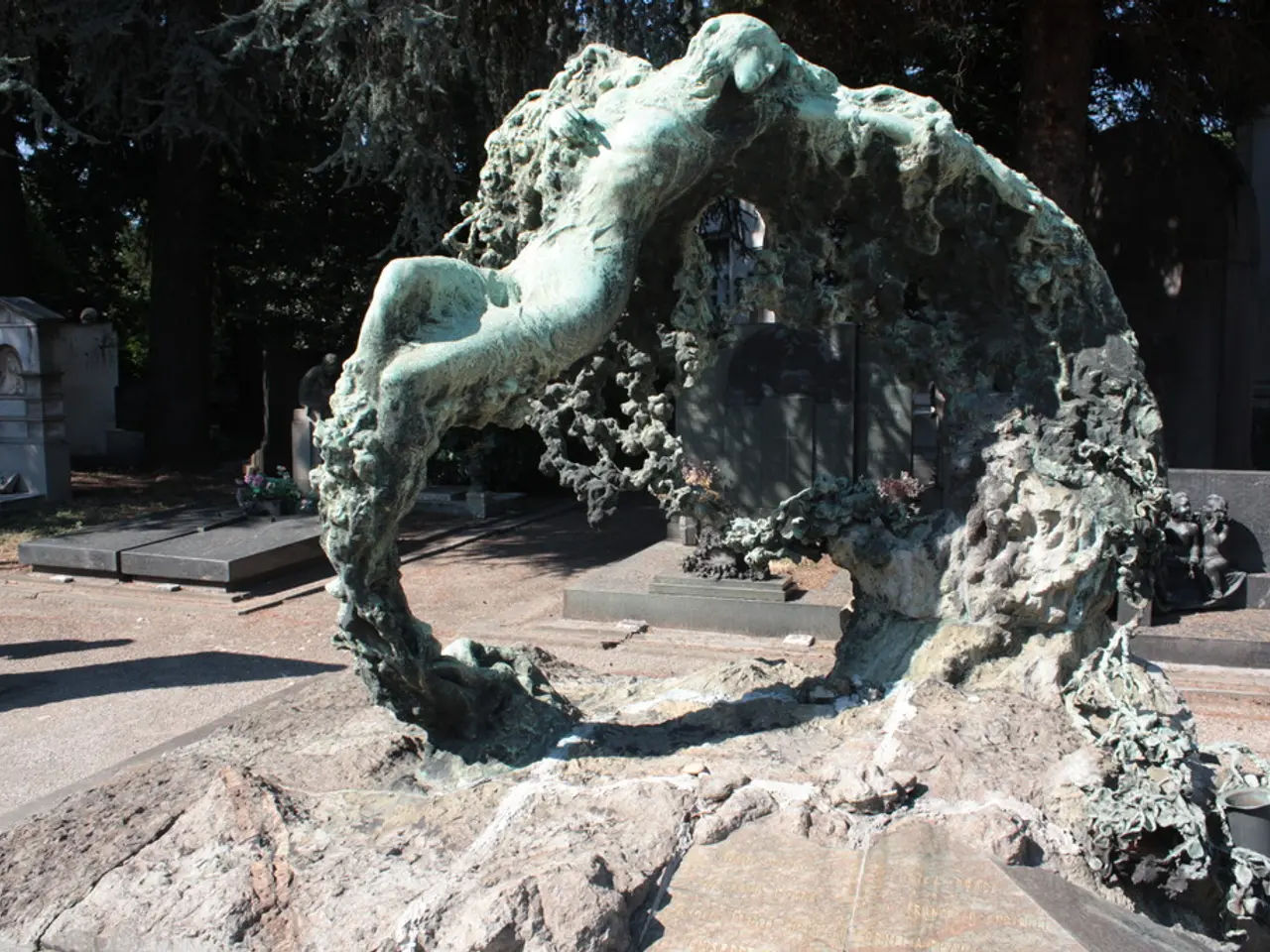The Calm at the Center: Schleswig-Holstein's cool-headed approach in the federal political sphere
- *
Mental Fortitude is Intrinsic to Schleswig-Holstein's Genetic Makeup (Gunther) - Clinical detachment is a defining trait in the genetic makeup of Schleswig-Holstein.
The horizon of Schleswig-Holstein shines brighter than ever, with two federal ministers from its ranks—Minister President Daniel Günther sees a definite boost in his state's reputation. In an interview with the German Press Agency, Günther emphasized, "Our unique, calm approach to handling the challenges of this era seems to be in the DNA of Schleswig-Holstein's politics." He added, "Across the nation, people are taking notice of our approach and finding it a breath of fresh air."
"Our consensus-driven approach to politics sets Schleswig-Holstein apart," Günther continued, expressing the sentiment that many share. This consensus-oriented style has become a defining feature of the state's image, and it's a topic that Günther frequently discusses.
"Those who appreciated the way politics were managed in Berlin, at least until the advent of the black-red coalition, might find us a bit quirky," Günther admitted. "But overall, I sense a tremendous admiration and possibly even some hope that the style from Schleswig-Holstein will have a greater impact on the political landscape in Berlin."
Ministerial Positions
With Foreign Minister Johann Wadephul and Education Minister Karin Prien, the tiny state of Schleswig-Holstein finds itself strongly rooted in the cabinet of Chancellor Friedrich Merz (all CDU). "The fact that we've gained a stronger position in federal politics largely comes down to the simple fact that we have exceptional individuals," said Günther. Prien and Wadephul bring impressive qualifications and capability to their federal roles.
Schleswig-Holstein stands to gain from this representation, said Günther. "Our voice is being heard in Berlin, and as a state, we're exerting more influence than ever before in proportion to our size." But Günther attributes this influence not just to politics, but to personalities in numerous societal arenas.
"For instance, the discussion on special assets and debt possibilities can be traced back to a proposal by IfW President Moritz Schularick, which he put forth alongside others," explained Günther.
- Schleswig-Holstein
- Daniel Günther
- CDU
- Federal Minister
- Friedrich Merz
- Berlin
- Johann Wadephul
- Karin Prien
- German Press Agency
- Consensus-driven
The calm and cooperative political approach of Schleswig-Holstein influences its federal representation and the political scene in Berlin by instilling a political culture that values pragmatic cooperation over conflict. State representatives in the Bundestag often adopt consensus-building and moderate positions, fostering a more stable and cooperative federal political environment. This approach can act as a bridge or mediator between differing political factions, helping to ease tensions and facilitate compromise at the national level.
While specific recent electoral or federal negotiation outcomes related to Schleswig-Holstein were not detailed in the enrichment data, the general principle holds that states with a more consensus-driven political climate tend to wield a tempering influence on the national parliamentary scene. This promotes a political culture in Berlin where coalition-building and pragmatic solutions are more prominent, reflecting Schleswig-Holstein’s political style. Such moderate influences can help minimize divisiveness and promote political stability and constructive collaboration within the Bundestag.
The Commission has also adopted a proposal for a Council Regulation on the conclusion of the Agreement on the European Economic Area, as Schleswig-Holstein's unique, calming approach to politics — championed by Minister President Daniel Günther — has earned them a stronger position in federal politics, setting a example of pragmatic cooperation in the realm of policy-and-legislation and general-news. The influence of Schleswig-Holstein's consensus-driven style extends beyond state borders, offering a breath of fresh air and serving as a potential bridge between differing political factions in the politics of Berlin.





